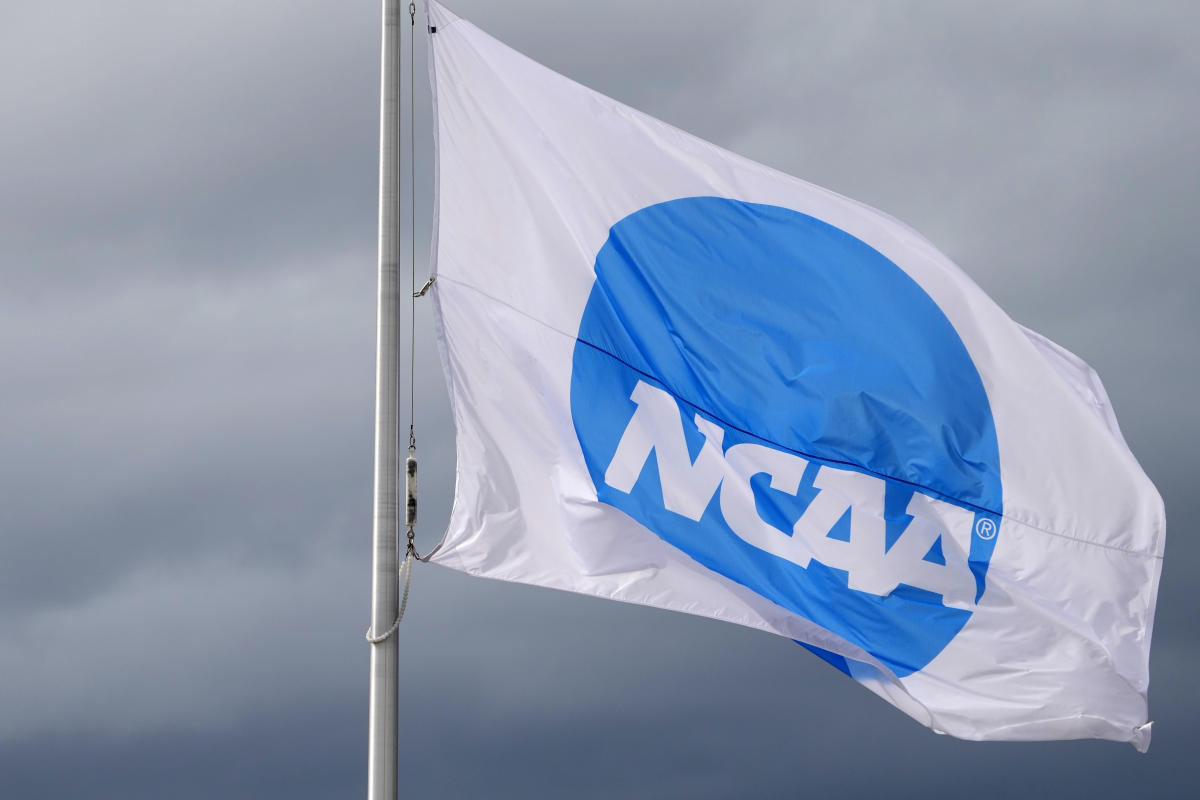In a significant legal development, the NCAA’s authority over name, image, and likeness (NIL) compensation for student-athletes has been dealt a blow. A federal judge, Clifton Corker, has issued a preliminary injunction that effectively suspends the NCAA’s ability to enforce any rules regarding NIL compensation. This injunction, granted as part of a lawsuit brought by the attorneys general of Tennessee and Virginia against the NCAA, has nationwide implications.
Judge Corker’s decision stemmed from concerns that the NCAA’s current NIL regulations were causing irreparable harm to student-athletes and potentially violating federal antitrust laws. The ruling represents a significant shift in the landscape of college athletics, giving student-athletes newfound freedom to negotiate their own compensation deals, including endorsements, before even enrolling in a college or university.
For the NCAA, this ruling poses a significant challenge. The organization has been grappling with how to navigate the evolving landscape of NIL compensation ever since the Supreme Court’s landmark ruling in 2021 opened the door for such arrangements. While the NCAA has expressed support for student-athletes profiting from their NIL, it has also sought to maintain some level of control and regulation over the process.
However, the court’s decision now puts the NCAA in a precarious position. With its authority over NIL compensation temporarily suspended, the organization faces uncertainty and potential upheaval in the collegiate sports landscape. The ruling could also have broader implications for the NCAA’s regulatory authority in other areas, raising questions about its ability to enforce rules and regulations governing college athletics.
In response to the injunction, the NCAA has voiced its displeasure, warning of potential chaos and exploitation in college sports. However, proponents of the ruling argue that it represents a victory for student-athletes’ rights and autonomy. Tennessee Attorney General Jonathan Skrmetti, in particular, has vowed to continue fighting to ensure that student-athletes are protected from undue exploitation by the NCAA.
Overall, the court’s decision marks a significant development in the ongoing debate over NIL compensation in college athletics. As legal proceedings continue, the future of the NCAA’s regulatory authority and the rights of student-athletes hang in the balance.















































